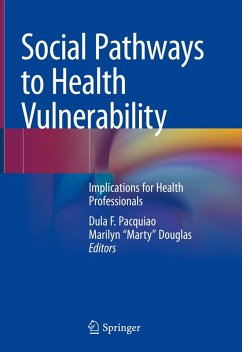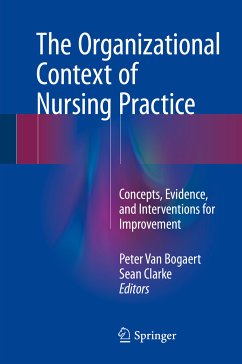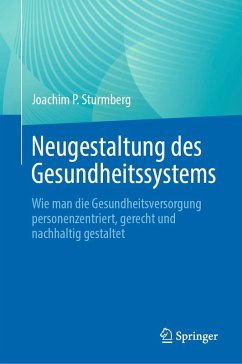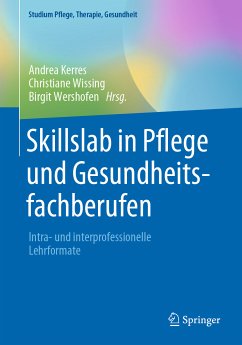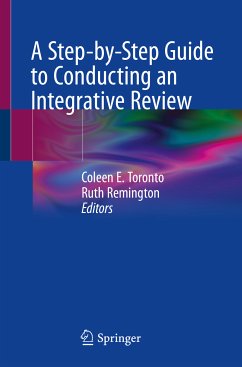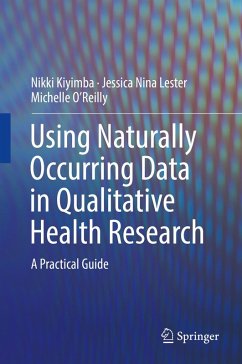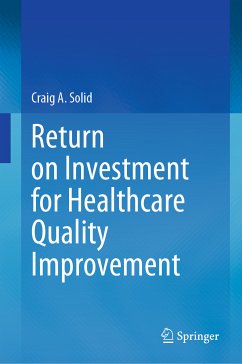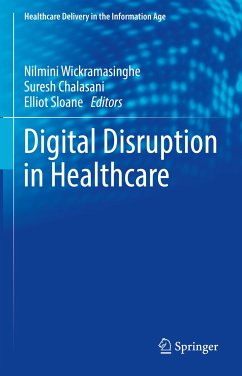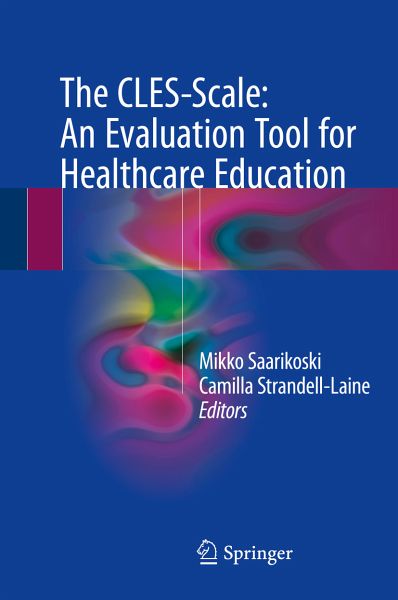
The CLES-Scale: An Evaluation Tool for Healthcare Education (eBook, PDF)
Versandkostenfrei!
Sofort per Download lieferbar
28,95 €
inkl. MwSt.
Weitere Ausgaben:

PAYBACK Punkte
14 °P sammeln!
This contributed book is the first to focus on the Clinical Learning Environment and Supervision (CLES) framework. The origin instrument version of the CLES-scale has been published in Finland in 2002, and has generated wide European and International interest. The CLES network has pursued Europe-wide research. This book brings a unique perspective of students' clinical practicum in healthcare education and discusses how the national quality system can be used in the continual development of student supervisory systems. The book first presents the theoretical and practical principles of clinic...
This contributed book is the first to focus on the Clinical Learning Environment and Supervision (CLES) framework. The origin instrument version of the CLES-scale has been published in Finland in 2002, and has generated wide European and International interest. The CLES network has pursued Europe-wide research. This book brings a unique perspective of students' clinical practicum in healthcare education and discusses how the national quality system can be used in the continual development of student supervisory systems. The book first presents the theoretical and practical principles of clinical learning, then defines the challenges of clinical learning for mentorship, clinical staff and nurse teachers. This volume also offers examples of the benefits and future perspectives of the CLES framework in healthcare education.
It is aimed at researchers and clinical professionals who contribute to students' clinical learning at universities and healthcare organisations. Itis especially suitable as a learning tool for clinical staff mentorship training courses and master's level healthcare education studies.
It is aimed at researchers and clinical professionals who contribute to students' clinical learning at universities and healthcare organisations. Itis especially suitable as a learning tool for clinical staff mentorship training courses and master's level healthcare education studies.
Dieser Download kann aus rechtlichen Gründen nur mit Rechnungsadresse in A, B, BG, CY, CZ, D, DK, EW, E, FIN, F, GR, HR, H, IRL, I, LT, L, LR, M, NL, PL, P, R, S, SLO, SK ausgeliefert werden.



